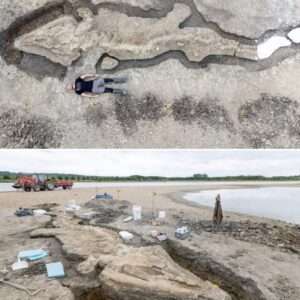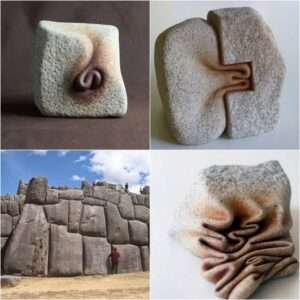Nestled in Siberia, Russia, Lake Baikal proudly holds the title of the world’s deepest lake, plunging to a staggering depth of 1,642 meters (5,387 feet). Its immense water volume of 23,615 cubic kilometers not only astounds but also accounts for about 20% of the planet’s unfrozen freshwater. Surprisingly, Lake Baikal holds more water than all of North America’s Great Lakes combined.

This ancient body of water, with a history spanning over 25 million years, is a true marvel. Situated within the Baikal Rift Valley, Lake Baikal’s geological formation is a result of ongoing tectonic shifts that continue to shape the Earth’s crust. These remarkable geological processes not only contribute to the lake’s astonishing depth but also create a unique ecosystem that supports an incredible array of biodiversity.
Lake Baikal’s biodiversity is unmatched, thanks to its geological history and pristine environment. The lake is home to thousands of plant and animal species, many of which are endemic to this freshwater haven. From the freshwater seals known as Baikal seals to the diverse fish species inhabiting its waters, Lake Baikal is a thriving ecosystem unlike any other.

Due to its exceptional geological and ecological significance, Lake Baikal has rightfully earned its status as a UNESCO World Heritage Site. Visitors to this natural wonder can witness the beauty of crystal-clear waters, surrounded by snow-capped mountains and lush forests. The ecological balance maintained within Lake Baikal is a testament to the importance of conservation efforts and sustainable practices.
Whether you’re a nature enthusiast, a wildlife lover, or simply someone in awe of the Earth’s natural wonders, a visit to Lake Baikal is a must. Explore the depths of the world’s deepest lake, immerse yourself in its rich biodiversity, and marvel at the wonders of this ancient body of water nestled in the heart of Siberia, Russia.





